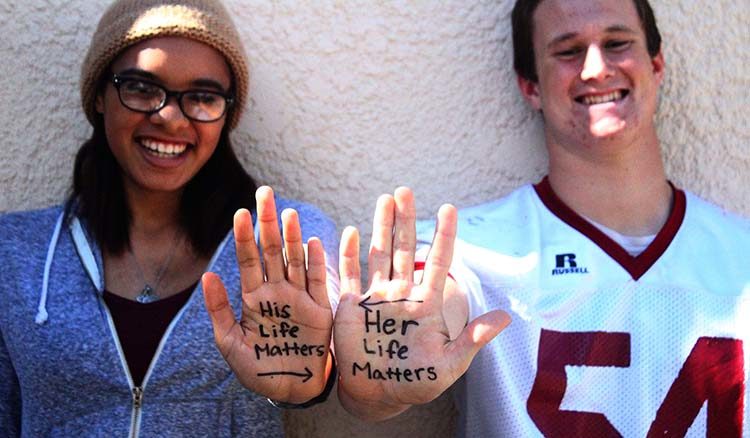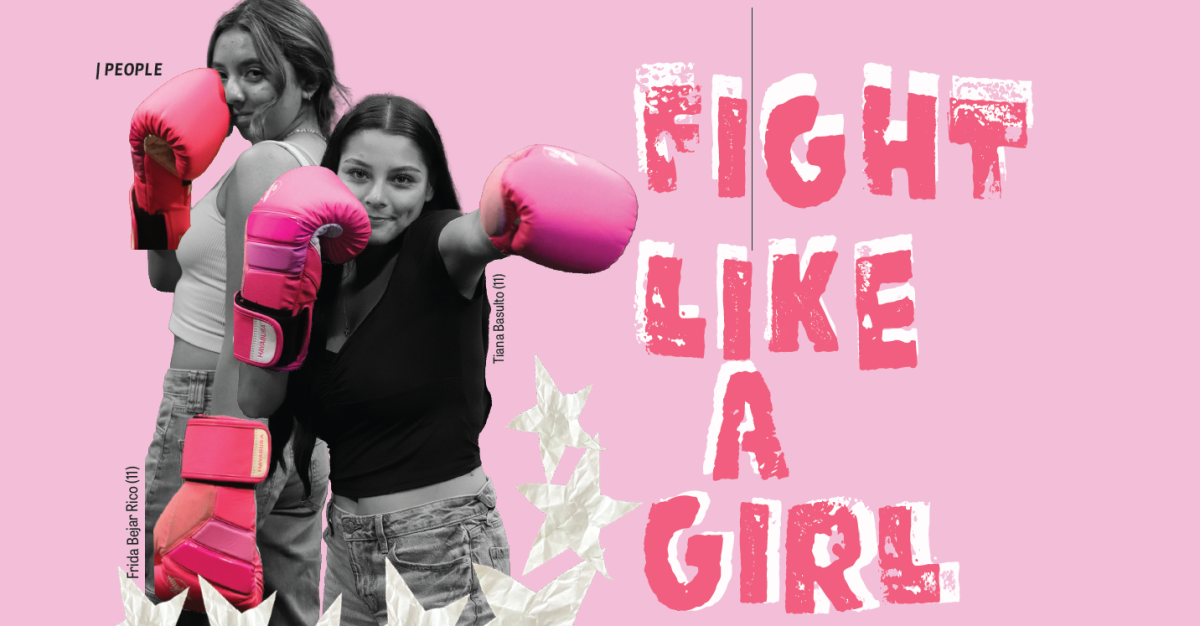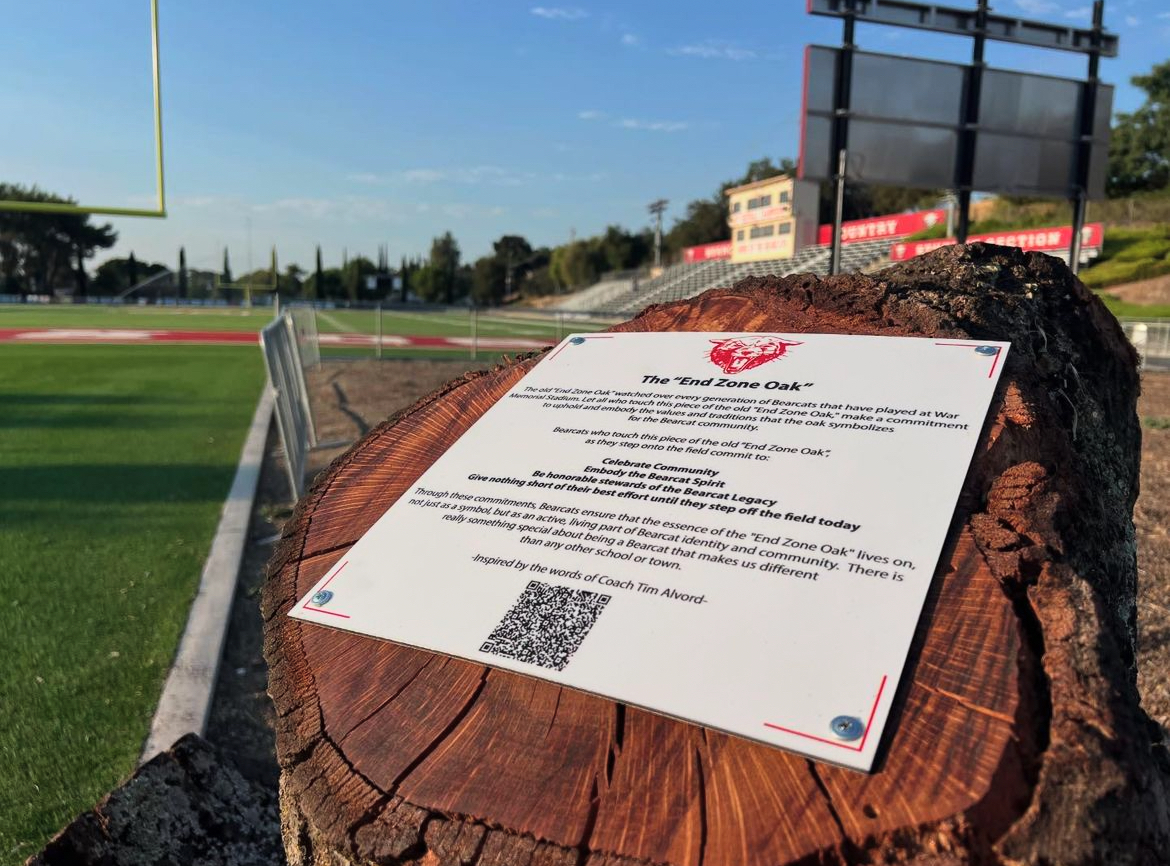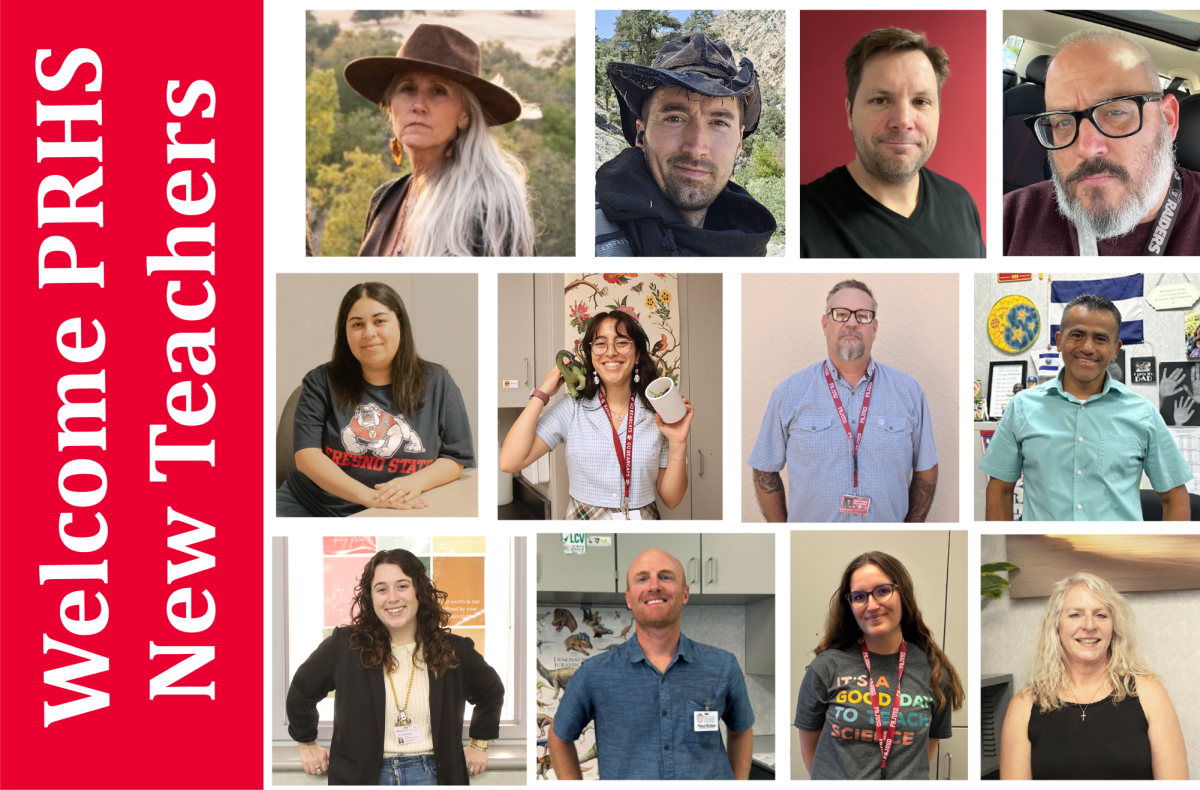#BlackLivesMatter grows into a movement through social media
On February 26, 2012, Trayvon Martin, with only Skittles and an Arizona iced tea in his possession, was shot and killed by a neighborhood watch volunteer George Zimmerman. When Zimmerman was acquitted July 13, 2013, the verdict essentially launched the Black Lives Matter movement.
The hashtag resurfaced with the murder of unarmed black teenager Mike Brown by police in Ferguson, Missouri. The death of Brown was followed by weeks of protests; we were drowning in a nation filled with racial discord and these acts were validating the voices speaking out against the brutality. The cry for the end of racial prejudice was heard around the world as we mourned the life of Brown and many others who shared his inequitable passing such as Philando Castile, Alton Sterling, Sandra Bland, and all others who have been victim to discrimination.
The Black Lives Matter movement’s call for justice has not been answered, even though it has been nearly four years since protesters gathered in the streets of Ferguson with aching hearts chanting “Hands up, don’t shoot.” Like a broken record player, the same headlines are repeated in the news again and again: “Man shot with 4 year old in backseat”, “25 year old violently apprehended by police, trauma endured in police transport results in a coma”, “Father shot outside convenience store.” But these people are more than headlines; they are mothers, fathers, sons, daughters, brothers, and sisters. Hashtags like #BlackLivesMatter and #SayHerName are aimed to spread the stories of people who have fallen victim to the violence and day to day prejudice that people of color are subjected to.
The meaning of this movement becomes muddled as people try to push different hashtags such as #BlueLivesMatter and #AllLivesMatter; hashtags that do celebrate people that matter, just not the ones that are being mistreated. These divert attention from the real intent of this movement: to create a voice against police brutality and racial injustice in our nation. The main argument against this movement is that people do not feel included; they fear that black lives are being elevated too much. The claim of “All Lives Matter” did not exist until the Black Lives Matter movement did.
“Please do not change the conversation by talking about how your life matters, too. It does, but we need less watered down unity and a more active solidarities with us, Black people, unwaveringly, in defense of our humanity.”
Alicia Garza, the founder of the Black Lives Matter organization (along with Opal Tometi and Patrisse Cullors) said. On her website, blacklivesmatter.com, Garza discusses how All Lives Matter may actually be a detriment in advancing towards a better future. Yes, all lives do matter, so we should start acting like it. Shining a light on the mistreatment of black people in our country is aiding people of all different minorities. The purpose of this movement is not to make everyone feel included, but to make sure people are not being denied of their basic human rights.
America, which is supposed to be a haven for people of all backgrounds, has one of the worst track records when it comes to accepting people of color; the problem is rooted in hundreds of years of racial oppression.We have come a long way as a nation since the enslavement and exploitation of black people, but we are nowhere near done being completed with the journey to salvation.
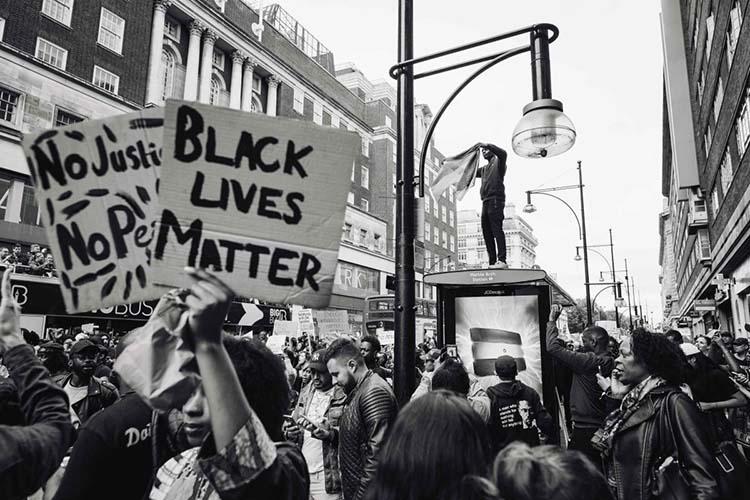
The truth of racial prejudice rings out loud and clear when people are killed for their skin color; but it can be found lurking in other places, making its dreadful and unavoidable presence known. The lingering feeling of having your intelligence, capability, or worth based solely on skin color is constantly breathing down the necks of people of color. The fact that black people are thought of as having a higher crime rate, making them more susceptible to being arrested is a prime example of how discrimination lurks in the shadows. African Americans make up 1 million of the 2.3 million people incarcerated, according to the National Association for the Advancement of Colored People.
The spread of this message over social media does not allow a blind eye to be turned; we all see the scenes unfolding, and we all have the power to express what we believe, no matter how positive or negative it may be.
“In social media I think it’s taking a big turn, I feel like it’s getting a lot of attention; some negative attention and also some positive attention… and there is stuff that makes me sick to be a part of this generation because they don’t take it seriously.”
Senior Samantha Vega expresses the influence social media has on the movement and everyone involved. It has provided a platform where anyone can voice their concerns and where people from every walk of life can rally together to create change.
The Black Lives Matter movement is hoping for a country where flicking on the news and seeing a father shot for selling CD’s is not the norm, where the incarceration rate is not the highest in the world, and where people can feel safe no matter their skin color. “All lives matter no matter the race, or gender, or sexuality; I feel like everybody should have the same respect and same opportunities as everybody else.” Vega says on overcoming the discrimination in our country. It is revitalizing many of the ideals of the black liberation movement from the 70’s, and the struggle is finally once again getting the attention it deserves. The determination and desperation for change is there; the only thing left to accomplish is the solidarity of our nation coming together to answer the cry, and put an end to racial prejudice.

